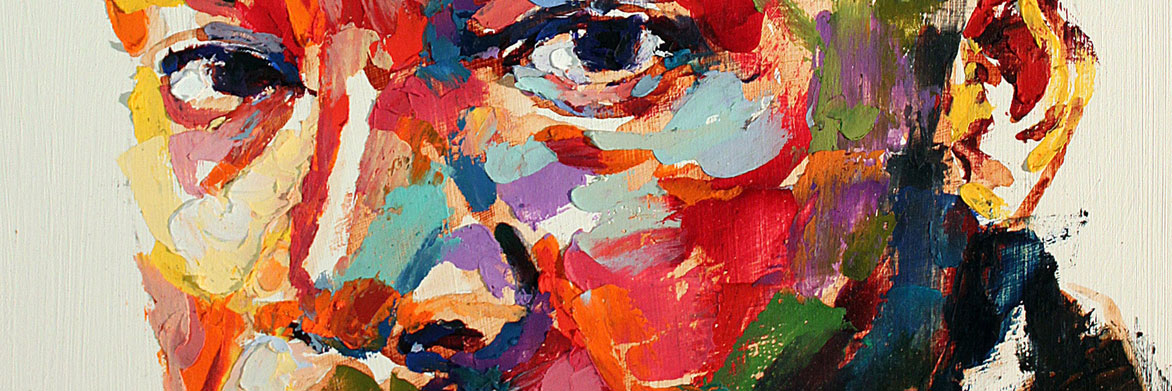Change does not roll in on the wheels of inevitability, but comes through continuous struggle. And so we must straighten our backs and work for our freedom. – Martin Luther King, Jr.
As I reflect on this Martin Luther King Day, I am reminded of how he, and the many before and after he, have fought tirelessly for civil rights and freedom. They’ve struggled. They’ve sacrificed. While MLK urges us to work for “our” freedom, I believe the true challenge here is to persevere for the freedom of others.
Sure, it’s easy to sit back because life can be good enough. But I remind myself that I didn’t earn my privileges. Someone before me fought for my rights. As global citizens, it’s our duty to take the baton to continue the fight for the marginalized and oppressed. It means to see beyond our personal challenges and perhaps even ways that we’re oppressed in order to stand beside those with even less of a voice.
So practically speaking, how is this done? Pursuing social justice can seem like a far-fetched concept, especially in a nation that’s currently facing many uncertainties. The first step towards positive change is to heal existing wounds by helping mend relationships. It begins by understanding the pain and struggle that marginalized groups face, to give our best attempt at empathizing, and to offer to partner with them in support of their goals. Healing happens when people feel heard, accepted, and supported. You can play an active role in that.
Allow me to draw a more relatable parallel.
As a couples therapist, I’ve worked with couples that have hurt each other in deep, what they call “unforgivable” ways. Some couples have lost trust and hope in their relationship and consider their differences unreconcilable. Yes, abusive behaviors have often taken place too. But still, they believe that their relationship is valuable and that it’s worthwhile to work towards healing and reconciliation.
In a similar way, division has been created between oppressed groups and majority groups that have led to feelings of hurt, distrust, and resentment. The same skills that couples learn and practice are equally applicable to those that desire to restore relationships in this country and to advocate for marginalized groups.
Here are some tools:
– be bold and have difficult conversations; yes it’ll be uncomfortable but that’s ok
– listen well and strive to understand fully. Don’t interrupt 🙂
– you may not agree on the surface so seek to understand the underlying intent
– don’t get defensive – it’s rarely helpful
– believe them and honor their experiences
– learn about their needs and ask how you can partner with them
Remember, change starts with restoring the relationship.
The painting above is by Derek Russell.




